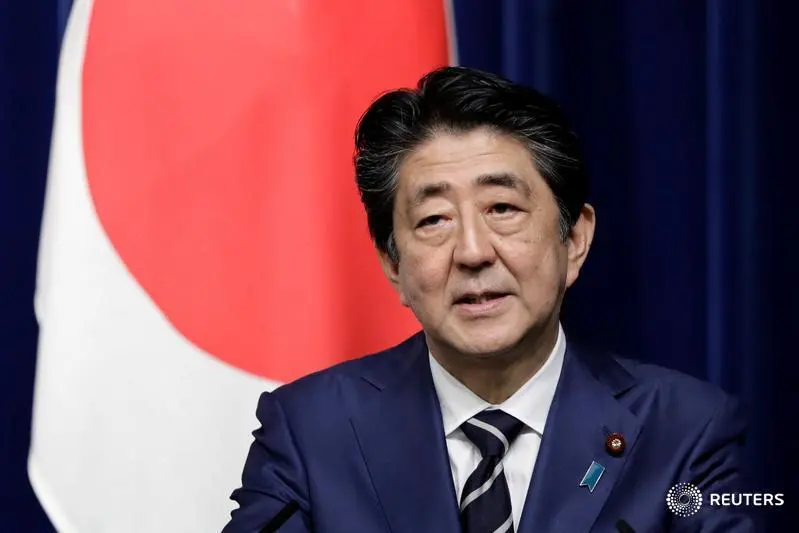PHOTO
TOKYO - Japan's government downgraded its assessment of the economy in March for the first time in three years, blaming a bruising U.S.-China trade war for slumping exports and industrial output.
The Cabinet Office, which helps coordinate government policy, said on Wednesday the economy is in gradual recovery, but exports and output are showing signs of weakness.
The monthly economic report for March was a downgrade from February, when the Cabinet Office simply said the economy is in gradual recovery.
The March report gave a pessimistic outlook, saying this bout of weakness could continue for some time in the future.
The downbeat assessment could fuel calls for the government to delay a nationwide sales tax hike scheduled for October, and increase speculation that the Bank of Japan (BOJ) will take some steps to bolster economic growth.
Exports fell for a third straight month in February and industrial output in January saw its sharpest decline in a year as tit-for-tat tariffs between Washington and Beijing slowed China's economy and reduced demand for mobile phone parts and chip-making equipment from Japan.
The Cabinet Office downgraded its assessment of industrial production for the second consecutive month, saying it has shown signs of weakness and flatlined.
Despite the damage from the trade war, Japan's economy should continue to grow moderately because consumer spending and capital expenditure are holding up, a Cabinet Office official told reporters at a briefing.
For March, the government left unchanged its assessment that consumer spending is recovering and capital expenditure is increasing.
However, there are concerns that companies will start cutting capital expenditure plans for fiscal 2019 in April due to uncertainty about global trade policy.
Japan's manufacturing sector is exposed to the trade war because it sends electronic parts and capital goods to China, where they are used to make finished products destined for the United States.
The government is scheduled to raise the nationwide sales tax to 10 percent from 8 percent in October, but there are concerns this will weaken consumer spending and harm growth.
The BOJ last week cut its view on exports and output, but left its radical easing policy unchanged.
(Reporting by Stanley White; editing by Darren Schuettler) ((stanley.white@thomsonreuters.com; +81 3 6441 1984 twitter.com/stanleywhite1; Reuters Messaging: stanley.white.reuters.com@reuters.net))





















